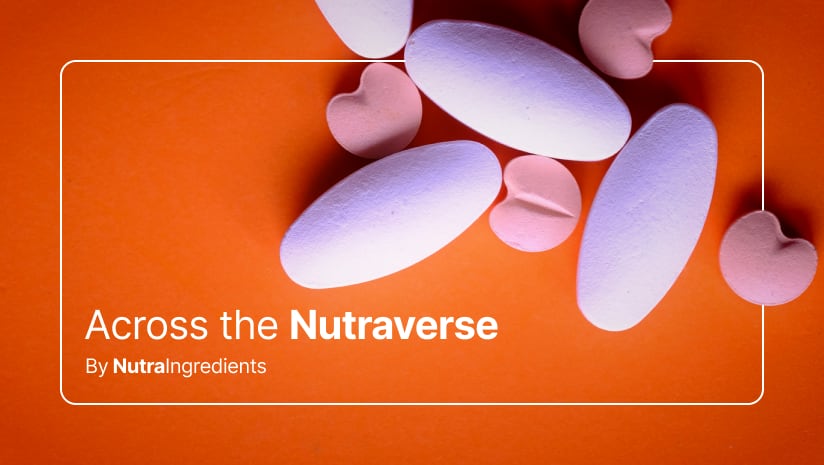Last week’s big news included increases in daily intake limits for Calanus oil in the EU, creatine “overdose” making the headlines and Australia’s Therapeutic Goods Administration’s removing vitamin D products making bone strength claims.
EU increases higher daily intake limits for Zooca Calanus Oil
The European Commission has approved changes to the daily intake limits and labeling rules for Zooca Calanus Oil under the EU’s Novel Food regulation.
In December 2024, the company applied for modifications to the conditions of use of the novel food ‘Calanus finmarchicus oil’, and the European Commission has now accepted those amendments, which include higher astaxanthin levels, higher daily intake limits and more flexible labeling rules for Zooca Calanus Oil.
For adults, the maximum daily intake has increased from 2.3 g to 3.1 g/day (≤ 7.75 mg astaxanthin/day), giving brand owners the opportunity for more potent and flexible formulations, the company said.
“This regulatory change provides greater flexibility in supplement design,” Zooca stated in a press release. “It broadens the possible target groups and makes it easier to create compliant products for children, adolescents and adults with the same ingredient base. The change supports stronger use of existing EFSA-approved claims for EPA and DHA.
“We are proud to have initiated and secured this positive change, further strengthening the regulatory foundation for Zooca Calanus Oil in the EU market.”
Did golfer Ben Griffin really overdose on creatine?
Professional golfer Ben Griffin made headlines this week for an alleged creatine overdose.
Creatine is one of the most well-researched and widely used supplements in sports nutrition. The compound has gained even more popularity in recent years as more consumers become educated on benefits that extend far beyond athletic performance, including cognitive function, bone health and cardiovascular support. There is also a growing body of evidence that recognizes creatine’s role in women’s health, including healthy aging and reproductive health.
Despite the vast and ongoing research showing its safety and efficacy for various populations, some are calling creatine’s safety into question after Griffin experienced an unusual start to the final round of the BMW Championship due to what he referred to as a creatine “overdose.”
He described swallowing a large, hardened clump of creatine, which he referred to as a “snowball,” that had been sitting in his water bottle for a month. This, he said, led to him experiencing intense shaking and tremors, causing him to four-putt the first hole and hit his tee shot on the second hole out of bounds.
In response, Professor Rick Kreider, PhD, director of the Exercise & Sport Nutrition Lab at Texas A&M University, chalked the “overdose” up to an excuse. Creatine supplementation, even when consumed in 8 to 10 gram doses several times a day for months, does not cause any of the problems as described by Griffin, he said.
“Was there anything else in the supplement (caffeine or simple sugars, etc.)? Creatine should also be in powder form, not clumped,” Professor Kreider told NI. “There is no reason to take creatine right before starting to play golf, and you can’t ‘overdose’ on creatine. It’s irresponsible to blame creatine supplementation for poor judgment and play or perpetuate this misinformation in the media.”
Vitamin D for bone strength: Four products removed as evidence lacking - TGA
Australia’s Therapeutic Goods Administration’s (TGA) has ordered four vitamin D products making bone strength claims removed from the local market due to a lack of evidence.
Six products remained in the market after the companies took corrective action to remove the unsupported bone strength claims from their medicines and advertising.
This follows the TGA’s targeted compliance reviews of complementary medicines containing vitamin D making claims related to bone strength.
The regulator identified 10 products containing vitamin D in the form of colecalciferol (vitamin D3) and have no calcium in their formulations, but making claims such as “helps enhance/promote bone strength” and “maintain/support bone strength” were selected randomly or based on regulatory intelligence for the review.
The review started in 2022, with the TGA announcing the findings and actions taken in August 2025.




